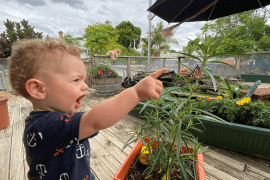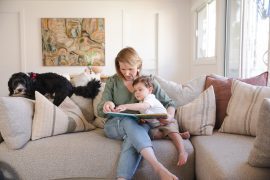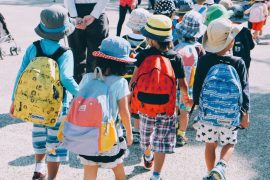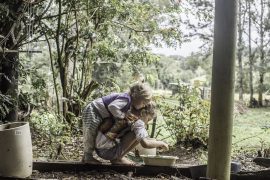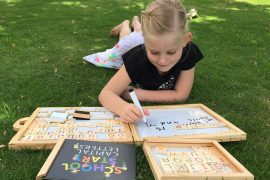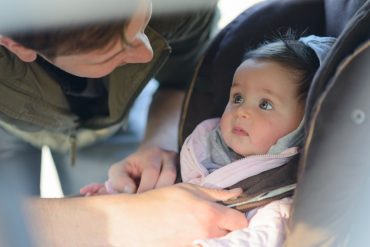The next one, says Buffa, is a “big one” – sending kids to school gives them independence. Looks like she has absorbed false narratives that homeschooling makes kids clingy and helpless. In my experience it’s quite the opposite. That working and playing alongside each other I mentioned before? When kids are granted agency in their play and their learning – choosing how to structure their days, whether to engage in creative play with siblings or friends, draw or paint pictures, write a story, build a structure, spend time observing nature, or whatever draws their curiosity and interest – independence is one of the outcomes. On trips to the library they are free to choose their own books. At the park they engage in free play with friends and learn how to engage and interact with others around them. Common sense dictates, and research supports, that free play enhances executive function and yes, independence.
When kids are granted agency in their play and their learning – choosing how to structure their days, whether to engage in creative play with siblings or friends, draw or paint pictures, write a story, build a structure, spend time observing nature, or whatever draws their curiosity and interest – independence is one of the outcomes.
Remarkably (and thankfully) Buffa does not mention the “s” word (that would be “socialization”), although a reference to the “25 or so additional classmates” available for her daughter to interact with at school alludes to it. I’ve written about socialization before, so for those who want to know why it’s not an issue when it comes to homeschooling, I direct you here and here.
I homeschooled my kids from the early 1990s into the second decade of the 21st century, and much has changed, including public perception, but the stereotypes about homeschooling that still exist are discouraging. I’m not sure why someone like Buffa feels the need to write an article explaining why she would never attempt to homeschool and in the process bolster those stereotypes. Of course, the way life goes, her assertion could change; once upon a time I also thought I’d never homeschool my kids.
In a world where knee-jerk judgment is all too rampant, taking time to try and understand what we’re unfamiliar with, and setting that example for our kids, is more important than ever.
Originally published HERE.
Milva McDonald is the mother of four adult children, all of whom homeschooled for all or most of their child and teenage years. She started homeschooling in 1991, after reading an essay by John Taylor Gatto and realizing school and the PTA weren’t for her. For three decades she worked for The Boston Globe and boston.com writing and reporting about arts and cultural events in Boston. Other pursuits over the years included running a folk music coffeehouse, organizing countless field trips, facilitating creative writing groups for kids, passing hors d’oeuvres at fancy parties, and performing in The Christmas Revels and The Halalisa Singers. She’s a founder of Advocates for Home Education in Massachusetts and serves on its Board of Directors. Her books include “Unschoolers” and “Slow Homeschooling.”


